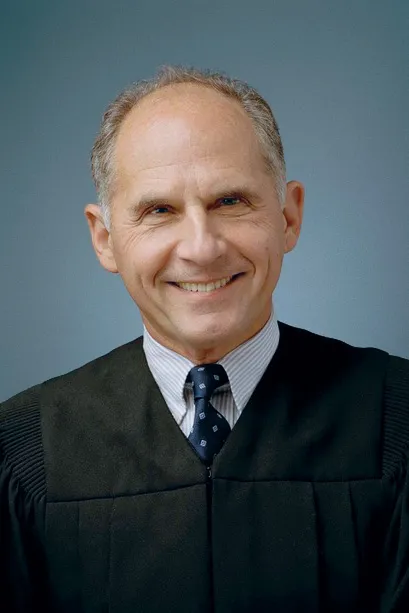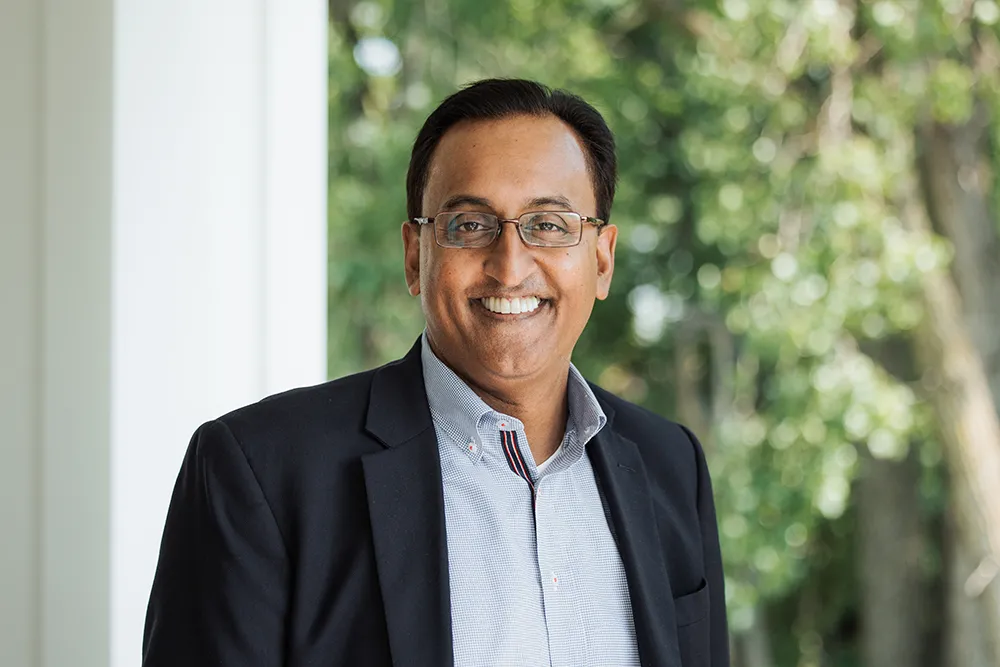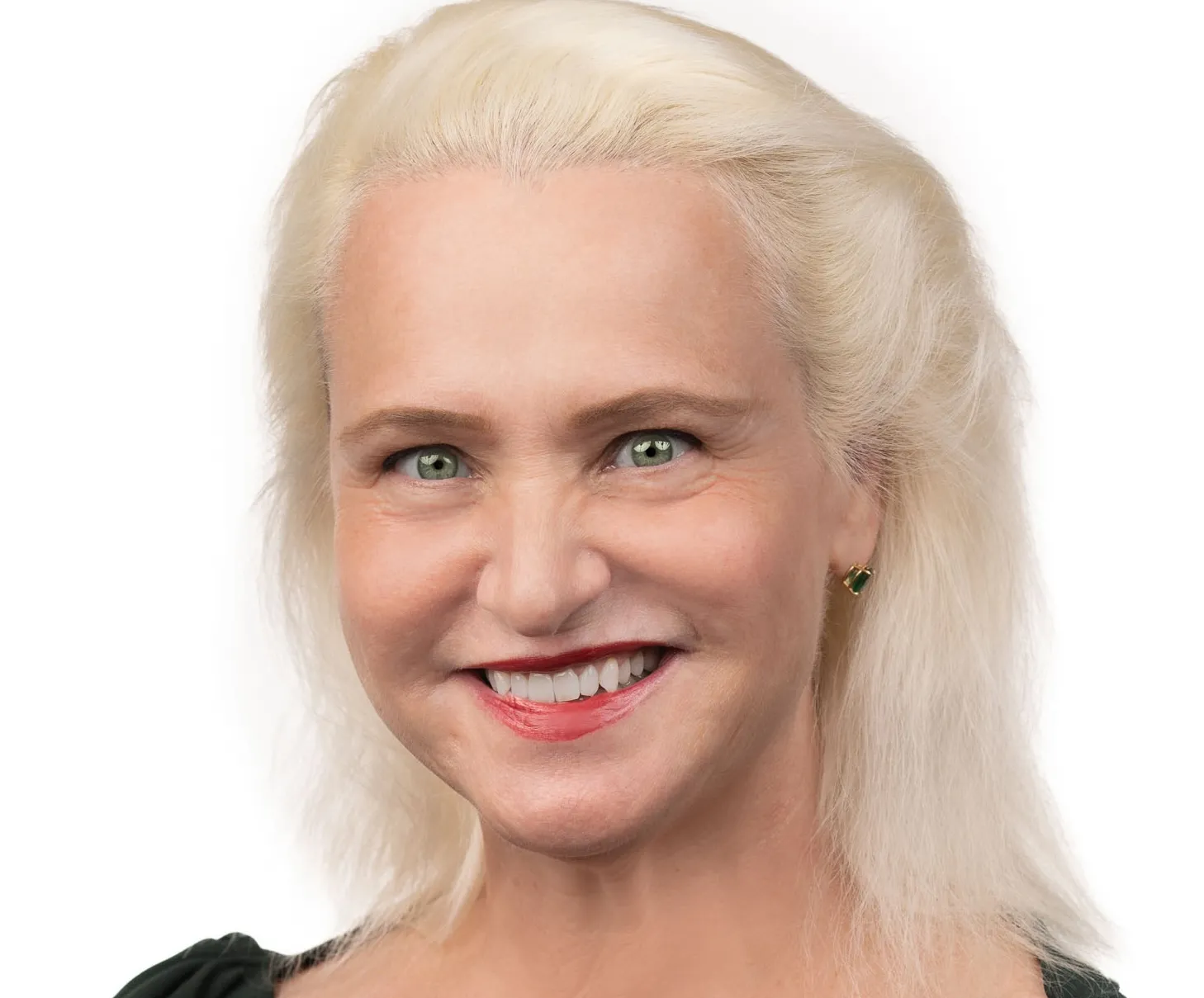Judge David Tatel, ’66: A Lifelong Student Committed to Civil Rights

Last May, Judge David Tatel, ’66, assumed senior status at the US Court of Appeals for the District of Columbia Circuit, having written more than 700 opinions since he was appointed to the bench in 1994, filling Ruth Bader Ginsburg’s seat upon her elevation to the Supreme Court.
At a recent ceremony honoring Tatel, the Court’s chief judge described him as having “a boundless capacity to make any of the rest of us wonder whether we have ever in fact lived a productive day.” His colleagues and former law clerks highlighted some of the many important cases he has handled over the years, ranging from voting rights to Internet neutrality to climate change to Guantánamo detainee appeals. Tatel’s judicial work is famously thorough, and his curiosity beyond the Court’s docket is prodigious. His recreational activities during his years on the Court have included skiing and long-distance running; his service on boards and committees has been expansive, including cochairing the National Academy of Sciences’ Committee on Science, Technology, and Law; and he is deeply engaged with his family—his wife, four children and their spouses, and eight grandchildren.
Tatel, who has been blind since the early 1970s, said, “Whatever I have accomplished, it is thanks to countless people who have helped and inspired me—my parents, colleagues, teachers, mentors, readers, clerks, a great staff, and an amazing wife and family, not to mention the inventors who have created the devices that now allow me to do virtually all of my reading on my own.” Beyond legal materials, his reading includes three newspapers a day and five or more books each month.
As an undergraduate at the University of Michigan, he switched from studying science and engineering to political science because he wanted to do something about the roiling civil rights issues of the day. Not long after he left the Law School and was working at Sidley Austin in Chicago, he served on a mayoral committee investigating the causes of the riots that followed the 1968 assassination of Martin Luther King Jr. The next year, he became the first executive director of the Chicago Lawyers’ Committee for Civil Rights Under Law, which recently celebrated 50 years of providing pro bono services in civil rights cases.
Relocating to Sidley’s Washington, DC, office in 1970, he soon became the director of the national Lawyers’ Committee for Civil Rights Under Law. He was instrumental in the formation of the Legal Services Corporation, and he later served as its acting general counsel. During the Carter administration, he was appointed as the director of the Office for Civil Rights at the US Department of Health, Education, and Welfare, where he is credited with reviving the energy and effectiveness of an office that had been incapacitated by the previous administration.
He returned to Hogan & Hartson in 1979, establishing the education practice, which he led until his appointment to the DC Circuit. During his time at Hogan, Tatel chaired the board of the Chicago-based Spencer Foundation—America’s only national foundation focused exclusively on supporting education research.
Tatel’s time at the Law School was foundational, professionally and personally. In the classroom, he has said, “I was taught by giants that included Bernie Meltzer, Phil Kurland, Soia Mentschikoff, Malcolm Sharp, and so many others. Even now I sometimes hear their voices echoing loud and clear in my memory, informing how I think and write.”
In addition, he met his wife, Edie, in April of his second year. They were engaged two months later and married two months after that. “She has been my rock,” he said. “A wonderful companion, a great mother, and a brilliant scholar. She has sustained her own career, making a difference as a teacher, a teacher coach, a university faculty member, and a nonprofit leader and board member.” She started her teaching career in the University’s Lab School.
Senior status at the Court has reduced Tatel’s caseload, but it hasn’t diminished the other activities that fill his energetic days, and he has added an additional one—he’s writing a memoir, with an anticipated publication date in 2024. “Sometimes I’m not completely thrilled that I agreed to take on the task of revisiting my life,” he said, “but it is a deep pleasure to remember so many people I have been privileged to know who have worked so hard in so many ways to make a better world.”


